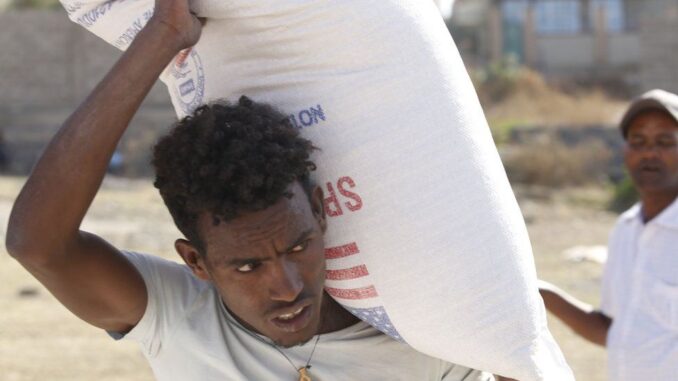
In a week’s time, parliamentary elections will be held in Ethiopia, which is increasingly isolated diplomatically because of the situation in Tigray. Prime Minister Abiy Ahmed has called on his citizens to participate in the elections. His government has rejected calls for de-escalation from the G7, United States, European Union and Pope Francis.
The United States and the European Union once again called for a humanitarian cease-fire on Thursday. And on Sunday, it was the G7 Heads of State who “urged” the belligerents for “an immediate cessation of hostilities,” “unhindered humanitarian access,” “the immediate withdrawal of Eritrean forces,” and a “broader and inclusive political process.
On the same day, Pope Francis, from St. Peter’s Square in Rome, said the Catholic faithful were “close” to the Tigrayans and hoped “that the violence will cease immediately, that food and care will be guaranteed to all and that social harmony will be restored as soon as possible.
But Ethiopia remains unmoved. Only the Ethiopian Foreign Ministry has reacted to the U.S.-European statements, saying it is “disappointed” by efforts “to undermine the unity, territorial integrity and cohesion of the Ethiopian state, under the guise of humanitarian concerns. Abiy Ahmed gave a lengthy speech at a public event on Sunday without referring to these criticisms. He simply called on Ethiopians to vote massively next Monday, for “the first free and fair elections” ever held in the country.
